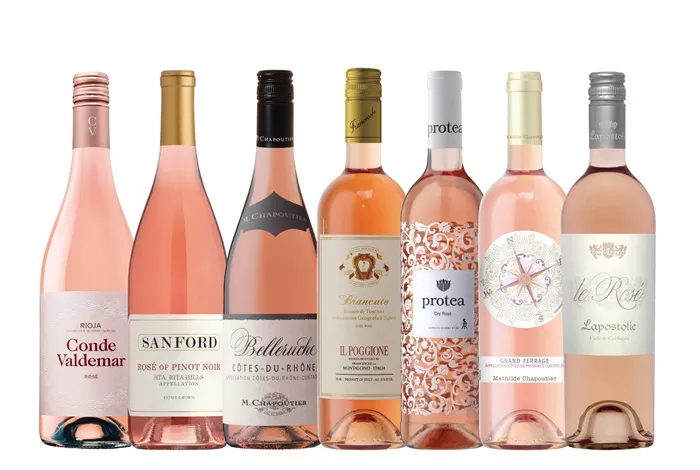Donald Trump was sworn in as the 47th President of the United States today, ushering in a new era that is expected to have significant implications for a wide range of industries, including the wine sector. His administration’s focus on protectionist policies and bolstering the domestic economy may affect both U.S. wine production and the import of foreign wines.
One key area of concern for the wine industry is the potential impact of stricter immigration policies. Immigrant labor is vital to U.S. vineyards, especially in major wine-producing states like California, Washington, and Oregon. These workers play an essential role in harvesting grapes, and any new restrictions on immigration could create labor shortages at critical harvest times. If this happens, domestic wine producers may face higher production costs, which could lead to increased wine prices in the U.S. market.
Another challenge facing the industry is trade policy. During his previous tenure, President Trump imposed tariffs on European goods, including wine, as part of broader trade disputes. If these policies are reinstated, tariffs could be placed on wine imports from countries like France, Italy, and Spain. This could drive up costs for U.S. importers and consumers, potentially decreasing sales of imported wines and offering an advantage to domestic producers by reducing international competition.
On the health front, the Trump administration has generally not prioritized aggressive policies or regulations concerning alcohol consumption. However, any changes in health recommendations or congressional priorities could influence how alcohol is marketed and regulated in the U.S.
The broader economic policies of the new administration will also play a role in shaping the wine market. Measures designed to boost consumer purchasing power, such as tax cuts or targeted economic stimulus packages, could encourage spending on luxury items like wine. However, political instability and trade uncertainties may prompt consumers to be more cautious in their purchasing decisions.
As the Trump administration moves forward, both U.S. and international wine industries will closely monitor its policy decisions, which could significantly alter the landscape of wine production, importation, and consumption.
You Might Be Interested In:


